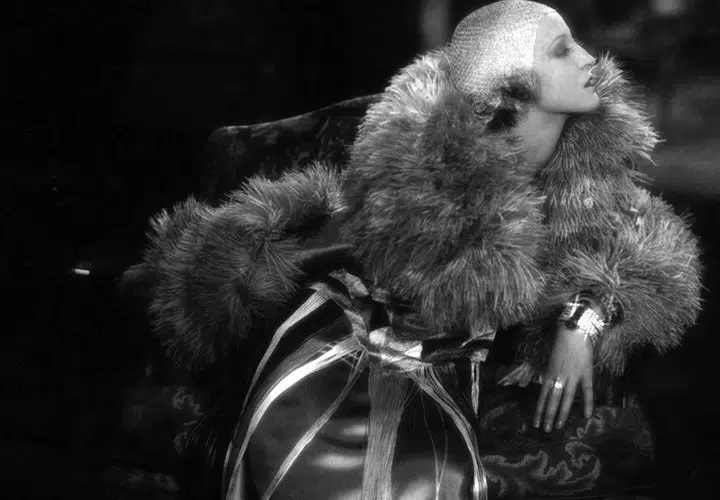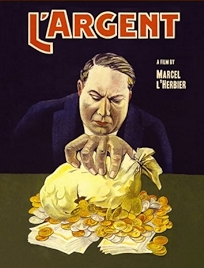A movie for every day of the year – a good one
28 October
Black Monday, 1929
On this day in 1929, the Dow Jones index fell by 13% in a day. After nine years of an exuberantly rising market, during which time the index had risen tenfold, some economists had started predicting an end to boom and bust – “stock prices have risen to what looks like a permanently high plateau” said Yale’s Irving Fisher at the time. Theoretical neoclassical economists notwithstanding, the New York market tumbled on 18 September 1929. Two days later in London the flamboyant entrepreneur Clarence Hatry confessed to fraud and forgery, having propped up his underfinanced companies (liabilities £19 million, assets £4 million) with counterfeit share certificates. The London Stock Exchange promptly crashed. Meanwhile, the impending Smoot-Hawley Tariff Act (a raft of new duties on imports into the US, the like of which hadn’t been seen for a century) seemed to herald an age of protectionism. The market bucked and yawed and on 24 October (Black Thursday) it fell 11%. A group of bankers immediately met and agreed to buy blue chip US industrial stock at way above book price, a tactic that had worked in 1907 when spearheaded by financier JP Morgan. It worked again and the market stabilised on 25 October. Over the weekend newspaper reports about the various storms buffeting the financial system spooked traders and on Monday 28 October they sold. The Dow Jones dropped 13%. The next day (Black Tuesday) it dropped a further 12%. On 30 October it bounced back 12%, before falling away again. After hitting its peak of 381.17 on 3 September 1929, the Dow Jones hits its low of 198.60 on 13 November 1929. It would not return to its peak of 3 September 1929 until 23 November 1954.
L’argent (1928, dir: Marcel L’Herbier)
Before tucking in to this amazing silent masterpiece, shot with a complete disregard for cost, I do urge you to watch a good restoration, such as the Eureka Masters of Cinema one, which is astonishing. Not only because you’ll get to see the film as its maker intended (rather than degraded and played at the wrong speed) but also because without the fog of the ages between you and it, the parallels between the wild boom and crash of the noughties and the one of the late 1920s are much more obvious. The plot of L’argent (Money) is taken from Emile Zola’s novel of the same name and follows a pair of rival bankers/tycoons as they wrangle, one to save his bank from impending collapse by creating a new business in the colonies out of a publicity stunt; the other in his attempts to ruin his rival by secretly buying shares in his bank to use, later, as a weapon. Both men are devious, but each has a weak point when it comes to sexual relations with women. Shot partly on the Paris stock exchange, it’s a magisterial film wearing its capitalism-critiquing credentials on its sleeve right next to its manifesto of modernist film-making. In terms of human drama it’s about greed, money and sex, more specifically the importance of institutional confidence and individual probity, how the big players are ruined by financial collapse but the small fry even more so. Director L’Herbier has a real eye for human psychology and motivation and wrings relatively subtle performances out of his actors (compared to the barkers’ tent style of the day). These go hand in hand with the remarkable technique – selective focus and lighting, close-ups, fast cutting, dolly shots and spinning point of view shots, distorting lenses, shots from low and high – a lot of which will pass completely by the casual observer today but then must have seemed extraordinary. And, made in 1928 just before the shit hit the fan, it all has a fabulously prophetic quality of looking at Sodom and Gomorrah before God’s salty intervention.
Why Watch?
- Astonishing technical virtuosity
- A “greed is good?” critique to match Oliver Stone’s
- A glimpse at a world of disappeared faces and fashions
- A silent classic to rival Abel Gance’s Napoléon
Note: do not confuse with Robert Bresson’s L’argent, which is much more widely available
I am an Amazon affiliate
© Steve Morrissey 2013

